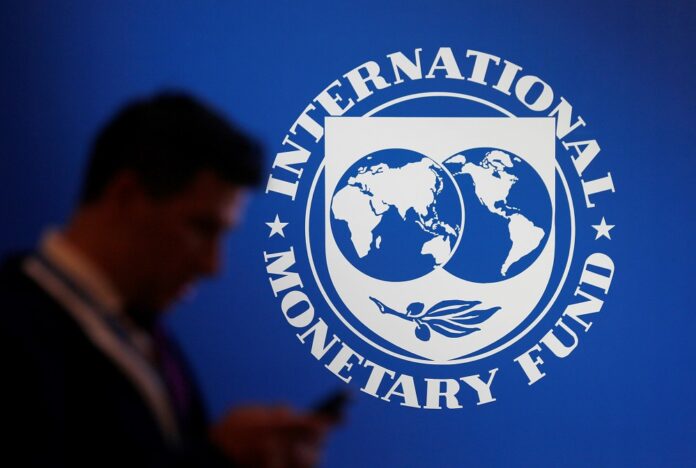Marrakech, Oct. 11, 2023: The International Monetary Fund (IMF) has projected medium term global economic stagnation while appraising the economy of the United States as strong and resilient.
IMF’s Chief Economist, Pierre-Olivier Gourinchas, said this on Tuesday in Marrakech, while giving the World Economic Outlook for October.
Gourinchas said that global expansion was expected to moderate in 2023 at three per cent, down from 3.5 per cent in 2022.
According to him, the global economy is experiencing slow and uneven growth as it continues to be battered by high inflation, the impact of Russia’s war in Ukraine and rising geoeconomic tensions.
“The global economy continues to recover from the pandemic and from Russia invasion of Ukraine, but growth remains slow and uneven.
“We see a global economy that is limping along, and not quite sprinting yet. Growth will slow from 3.5 per cent in 2022 to three per cent in 2023, and 2.9 per cent in 2024.
“This remains well below historical averages,” he said.
The chief economist said that the economic slowdown was more pronounced in advanced economies than in emerging markets and developing economies.
“The U.S is being revised up with resilient consumption and investment, while the Euro zone has been revised down as tighter monetary policy and the energy crisis took a toll, ” he said.
According to him, the divergence among emerging markets and developing economies, with China facing growing headwinds, while Brazil, India and Russia are revised up.
He, however, said that the news on inflation was encouraging, adding that “we are not quite there yet ”.
“Headline inflation continues to decelerate ; core inflation, excluding energy and food, is also projected to decline more gradually.
“However, most countries are not expected to return to inflation targets until 2025, ” he said.
Gourinchas said that central banks had more work to do to bring inflation back to target for a sustainable period.
“On the fiscal front, we must review our ways of managing risks. Buffers need to be built, including by phasing out energy subsidies while still protecting the vulnerable.
“Structural reforms have always been key. Long term growth can only be achieved through a careful sequence of reforms, especially those focused on governance, business, regulation and the external sector, ” he said.




